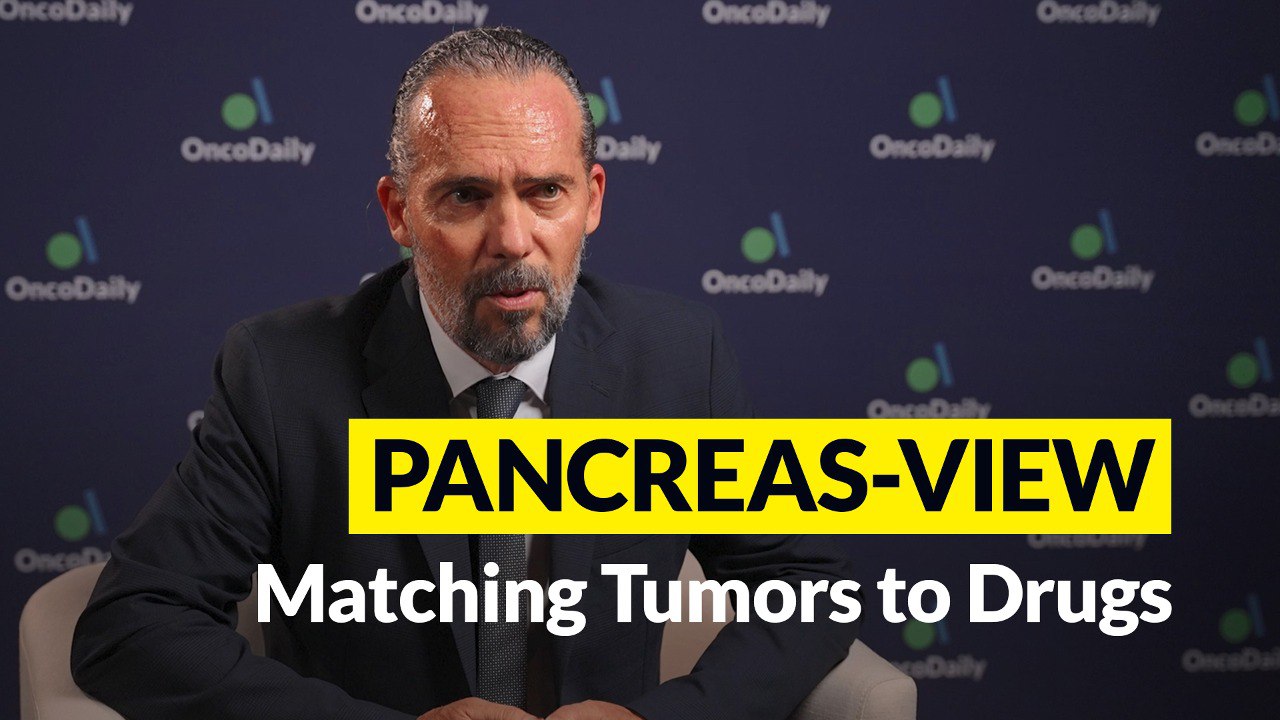The American Society of Clinical Oncology (ASCO) Annual Meeting is one of the largest and most prestigious conferences in the field of oncology. This year, the meeting took place from May 31 to June 4 in Chicago, Illinois. The event gathers oncologists, researchers, and healthcare professionals from around the world to discuss the latest advancements in cancer research, treatment, and patient care. Keynote sessions, research presentations, and panel discussions are typically part of the agenda, providing attendees with valuable insights into emerging trends and innovations in oncology.
This year, OncoDaily was at ASCO 2024 for the first time covering the meeting on-site. We had the pleasure of interviewing researchers who summarized the highlights of their work.
In this interview Nelson J. Dusetti, Leader of the Marseille Pancreatic Cancer team at Cancer Research Center of Marseille (CRCM) in France, presents the abstract presented at the ASCO 2024 Annual Meeting about the development and validation of AI-assisted transcriptomic signatures to personalize adjuvant chemotherapy in patients with resectable pancreatic ductal adenocarcinoma.
Nelson Ducetti is the leader of the Marseille Pancreatic Cancer team at CRCM and the Chief Scientific Officer (CSO) of the company Predicting Med. He also serves as Chair of the Translational and Innovative Therapies Department (TRANSLATE-IT) at CRCM.
Transcript of ‘Pancreas-View: AI-Powered Precision Medicine for Pancreatic Cancer Treatment’
My name is Nelson Dusetti, and I work at the Cancer Research Center of Marseille in France, focusing on pancreatic cancer. The topic I will present tomorrow concerns the identification of signatures that can predict treatments for patients with pancreatic cancer. The main challenge with this cancer is its significant heterogeneity, where each patient’s tumor varies greatly from another.
It’s crucial to molecularly characterize tumors thoroughly to provide the most effective treatment. We identify signatures that personalize treatments, such as FOLFIRINOX (combination of 5-FU, oxaliplatin, and irinotecan) and gemcitabine alone or in combination with Abraxane, which are the three main treatments available for patients today.
One of the main objectives of this research is to select treatments that are less aggressive, less toxic, and more efficient.
Another advantage of these personalized treatments is that they enable rapid prediction of patient response to the treatments already in use. This eliminates the need for time-consuming tests and toxicity assays associated with implementing new treatments.
To be more precise in our approach, we utilize various preclinical models derived directly from patients, including primary cell cultures, organoids, and xenografts. These models are exposed to different drugs to assess their responses.
By evaluating the chemosensitivity score for each model, we then analyze their molecular characteristics and search for transcriptomic markers that can predict sensitivity.
Identifying which models respond sensitively and their associated molecular characteristics allows us to develop predictors. Our research incorporates artificial intelligence, which includes in the signatures markers from the stroma, patients themselves, and the immune system present in tumors.
More videos and content from ASCO 2024 on OncoDaily.


